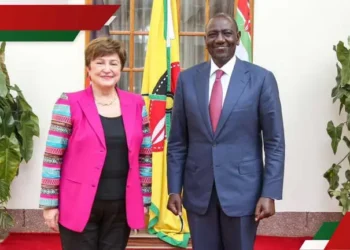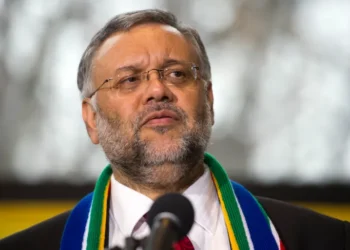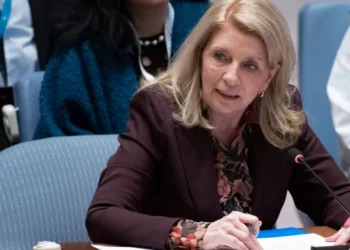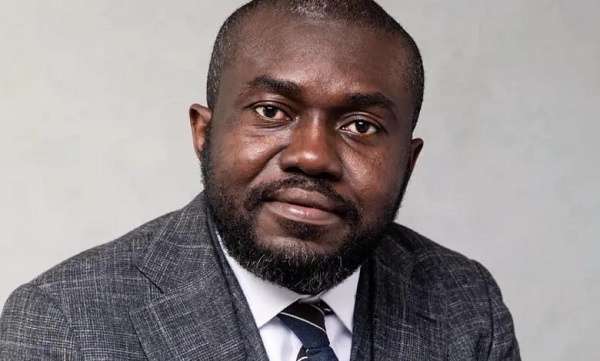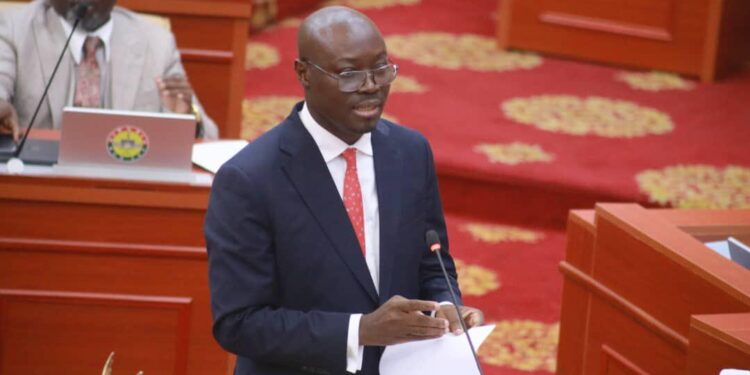As Senegal braces for a pivotal legislative election on Sunday, November 17 political tensions have surged across the nation.
The vote will decide the composition of the 165-seat National Assembly and could determine whether newly elected President Bassirou Diomaye Faye can push forward his promised reforms.
Currently, Faye’s party lacks a legislative majority, a hurdle he cites as an obstacle to fulfilling his campaign pledges.
Riding to victory in March on an anti-establishment platform, Faye has vowed to tackle issues such as corruption, review fishing permits for foreign companies, and secure more significant benefits from Senegal’s natural resources for its people.
However, these ambitions have been stalled by an opposition-led parliament. In a move that raised eyebrows, Faye dissolved the assembly in September, calling for snap elections to regain control.
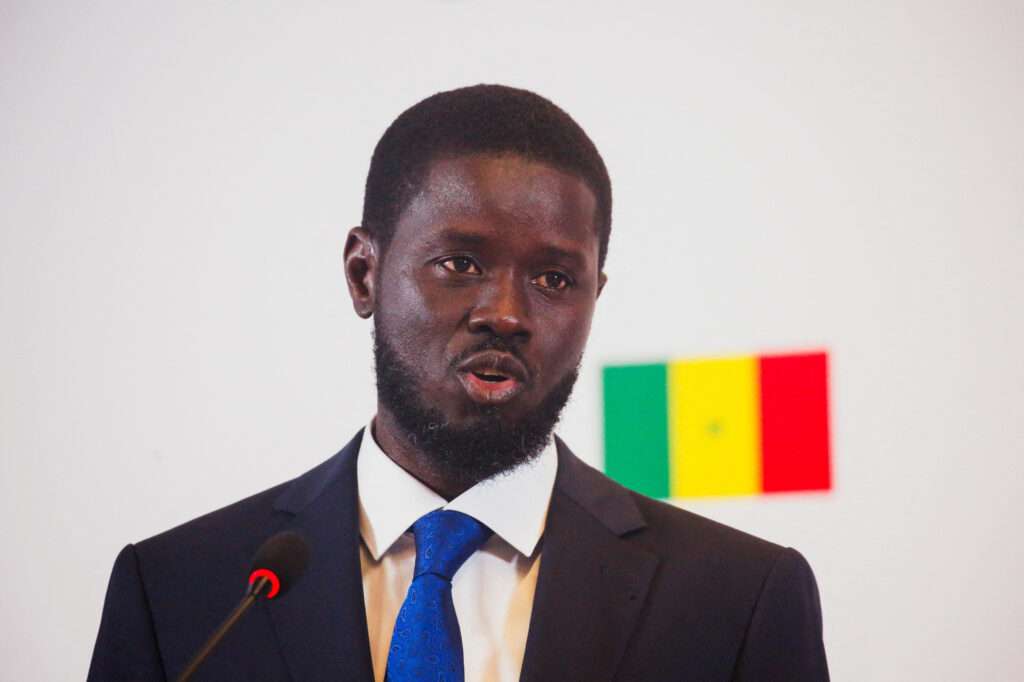
Violence Shadows Electoral Campaign
The campaign period has been marred by sporadic violence, including clashes between rival political supporters. In central Senegal, recent weeks have seen heated confrontations, and in the capital Dakar, the headquarters of an opposition party were set ablaze, according to a report from the Ministry of the Interior.
Prime Minister Ousmane Sonko, a prominent opposition leader and key supporter of Faye, has been outspoken about the rising violence. On Tuesday, he condemned attacks on his party, PASTEF, saying, “May each patriot they have attacked and injured, be proportionally avenged. We will exercise our legitimate right to respond.” Later, Sonko tempered his remarks, urging his followers to maintain peace in a public address.
Sonko himself has not been immune to the hostility. Just last month, his vehicle was pelted with stones amid clashes during a campaign event in Koungueul. The incident led to injuries, including a broken arm for Malick Gackou, the leader of an allied party and former government minister.
A Test of Democratic Stability
This legislative election follows the contentious presidential race in March, which tested Senegal’s image as one of West Africa’s bastions of democracy. The region has recently seen its share of political upheaval, including coups and attempts at power grabs.
The political journey leading up to the March election was anything but smooth. Both Faye and Sonko were released from prison less than two weeks before the vote, following an amnesty declared by outgoing President Macky Sall.
Their detentions had fueled months of nationwide protests and raised fears that Sall intended to pursue a third term, defying Senegal’s term limits. The resulting violence left dozens dead and saw around 1,000 people imprisoned, according to rights groups.
This weekend’s election would be a litmus test for Faye’s administration. Observers and analysts alike will watch closely to see if he can rally enough legislative support to navigate his ambitious agenda or if continued parliamentary opposition will stymie his plans.
The outcome would have implications not just for domestic policy but also for Senegal’s position in a region grappling with instability. As the nation prepares to cast its votes, both hope and apprehension ripple through its streets, reflecting the weight of the moment.
READ ALSO: GSE and Fintechs Join Forces to Develop Investment Solutions for Every Ghanaian




